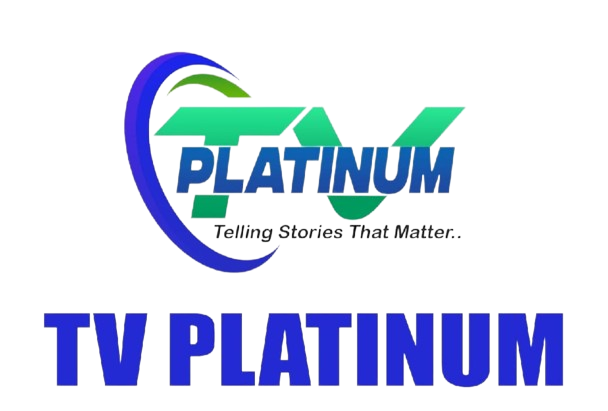The House of Representatives Committee on Petroleum Resources (Downstream) has declared its determination to pursue individuals involved in Premium Motor Spirit (PMS) product racketeering and other downstream sharp practices. This announcement comes as the committee commits to partnering with key industry associations, including the Nigerian Association of Road Transport Owners (NARTO) and the Petroleum Products Retail Outlets Owners Association of Nigeria (PETROAN), to address issues affecting the availability and affordability of PMS and AGO.
Chairman of the committee, Hon. Ikeagwuonu Ugochinyere (PDP-Imo), issued a stern warning during a meeting with NARTO and PETROAN leadership in Abuja. Ugochinyere emphasized that these illicit activities hinder progress in the nation’s petroleum sector and assured that the committee would swiftly bring the saboteurs to justice.
Simultaneously, the committee urged the federal government to support local petroleum products refiners, citing the potential to enhance product availability and affordability. Encouraging local refiners with licenses, the committee argued, would contribute to job creation and alleviate pressure on the nation’s foreign exchange.
In addition, the committee called for the reactivation of the nation’s 23 oil depots and pipelines to facilitate the smooth transportation of petroleum products across the country. Reading the resolutions of the meeting, Chairman Ugochinyere stated that the committee would closely monitor the ongoing repair of the nation’s refineries.
Furthermore, the committee praised NARTO and PETROAN for calling off the strike, acknowledging the roles played by the National Security Adviser, the Minister of Petroleum, and the NNPC in mediating the resolution. The committee committed to holding an all-inclusive meeting with the leadership of the National Assembly, regulators, and other stakeholders to address issues such as multiple charges, sharp practices, and the rising cost of transportation.
A thorough investigation into the issue of retail owners who pay for petroleum products but do not receive them promptly, as well as the emergence of middlemen contributing to price hikes, was also agreed upon. The committee seeks stakeholders’ recommendations to address immediate and long-term needs in the industry for stability.
Moreover, the committee plans to examine the status of the over 23 NNPC depots and the national pipeline network to ensure their functionality. Legislative actions may be pursued to reduce freight costs, including dredging seaports to open vessel landing corridors in various sectors beyond Lagos, Warri, Port-Harcourt, Calabar, etc. Additionally, there is an intention to explore amendments to the Petroleum Industry Act (PIA) to incorporate downstream sector stakeholders in petroleum distribution and the retail chain.
